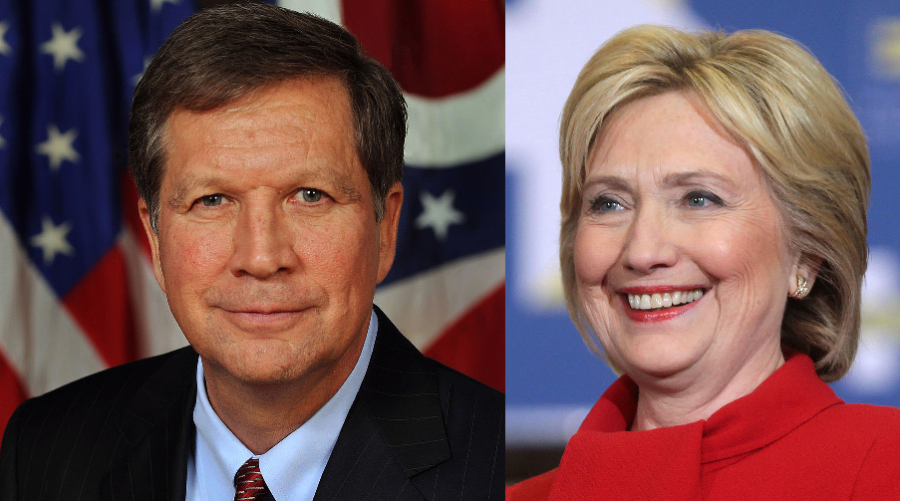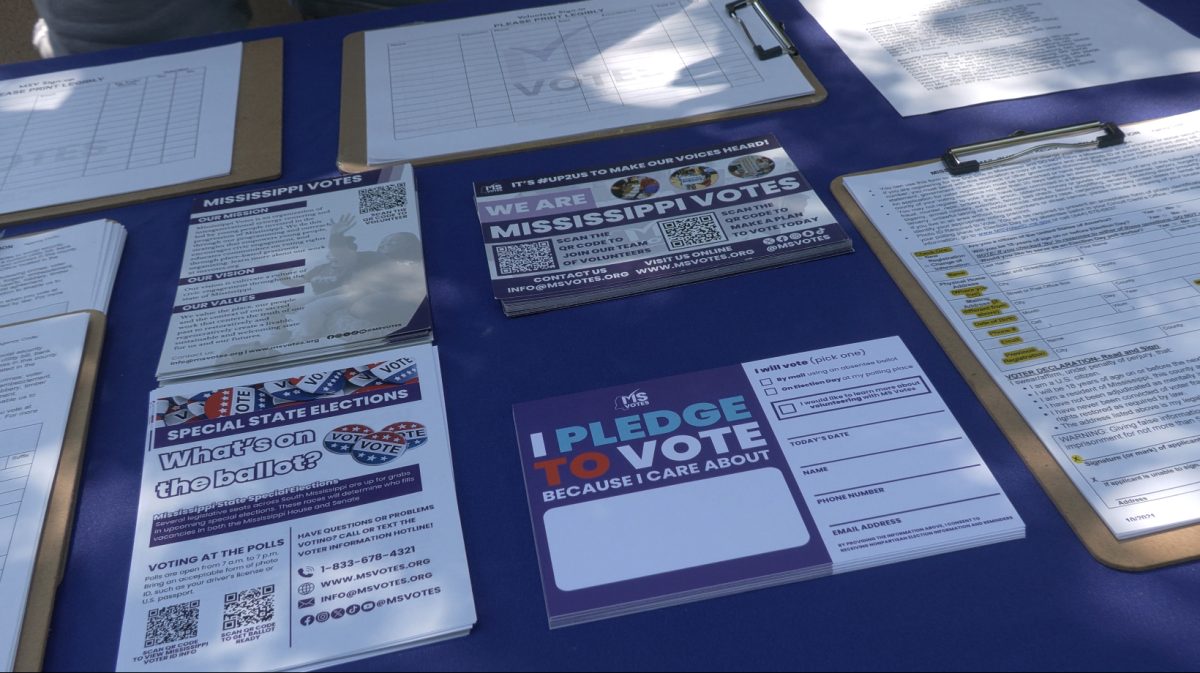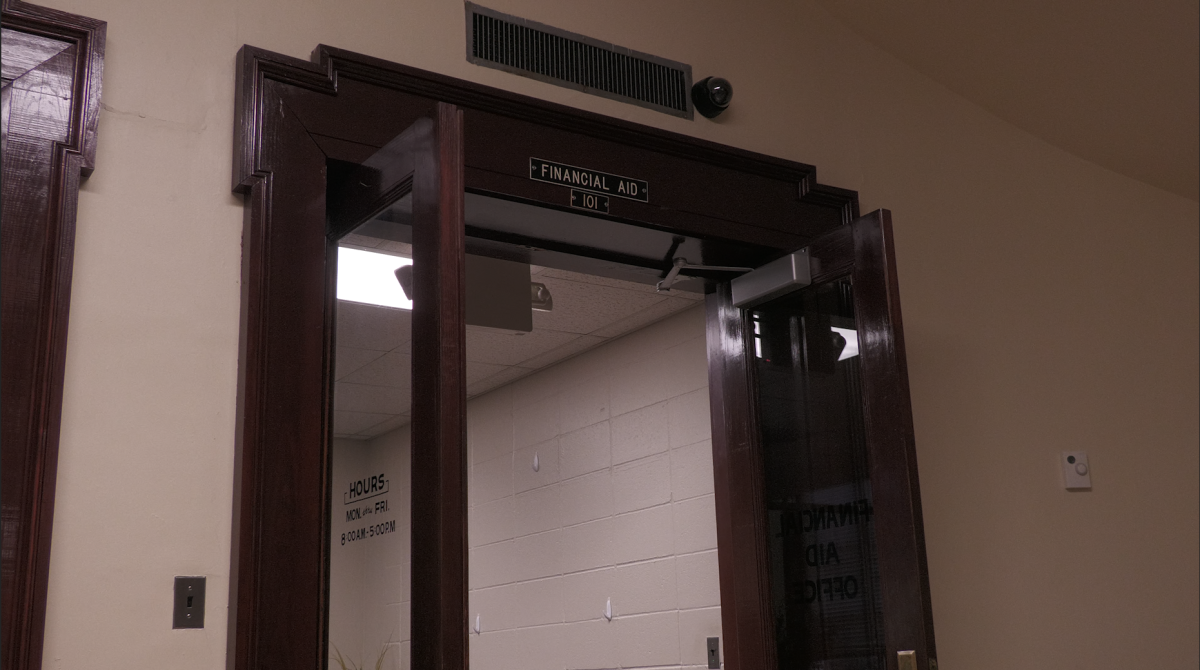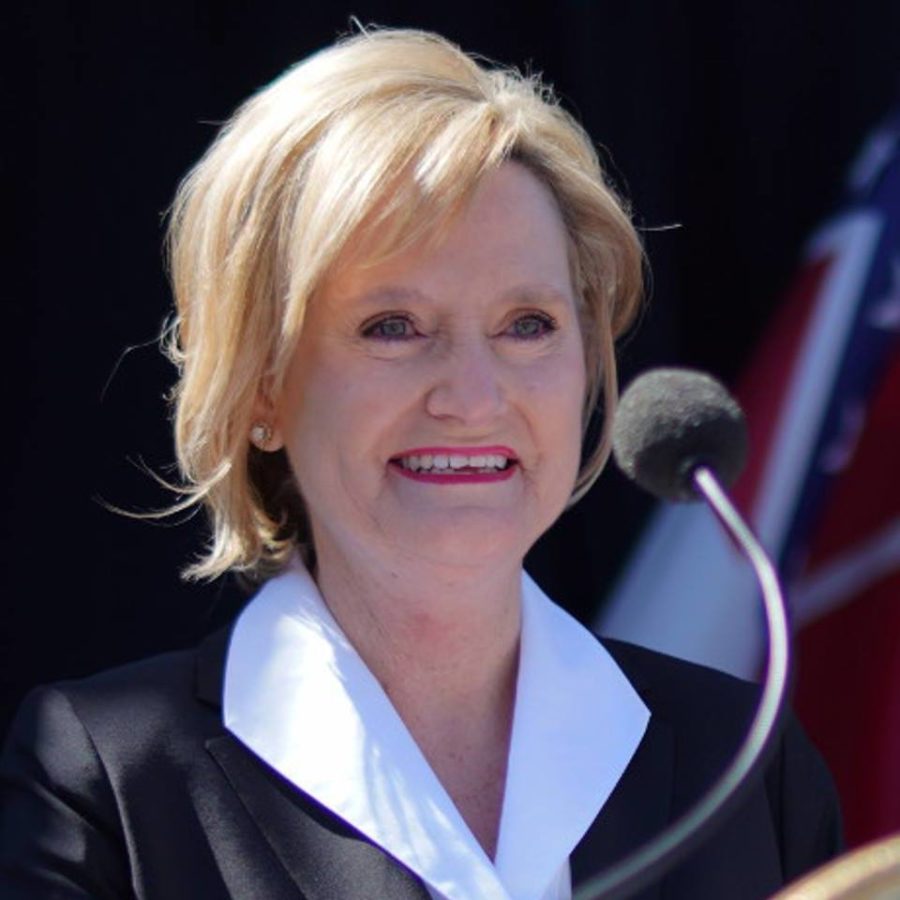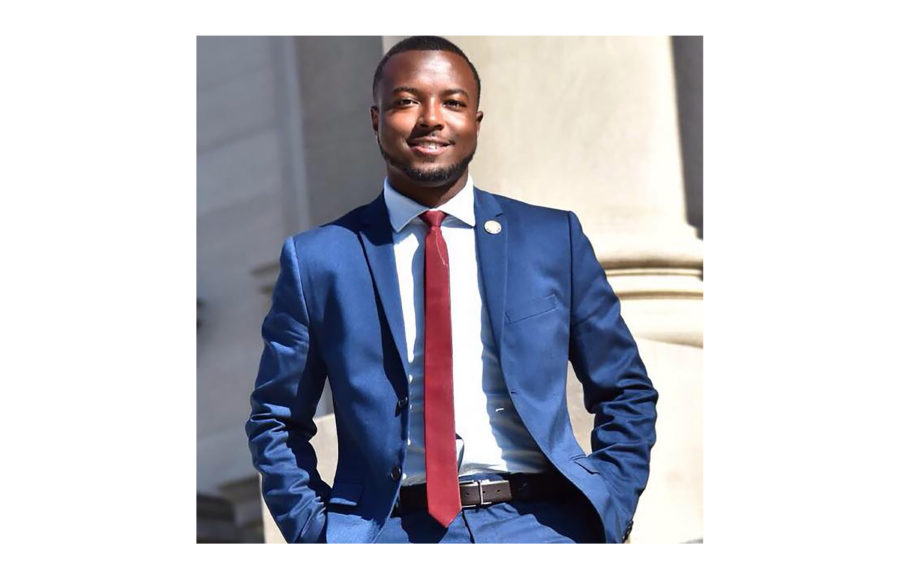Every four years, the polls become the center of attention, and we all rush to see who leads. The candidates clamor for their respective nominations. Hillary Clinton is leading, but Bernie Sanders is catching up. Trump is leading heavily, but Carson has a higher percentage of younger voters, for example.
While we are glad for the availability of polls to gauge people’s interests, they are not always reliable.
An example would be those who vote on the snap polls after the debates. Anyone with internet access can vote for a specific candidate. The problem with that is people who are not able to vote get to vote in the polls, inflating the numbers and opinions online.
After the first democratic debate, every snap poll online said Sanders won with margins over 80 percent, yet all of the pundits and scientific polls who asked eligible voters said Clinton won.
This creates an evident problem. The polls cannot account for every possibility, and those possibilities change constantly. Kasich won second place in New Hampshire, defying pundits and polling alike. Cruz was not even favored for Iowa, but here he is with eight delegates.
Kasich said he will win Mississippi because of friends in high places who will push for him, but his friends will make little difference if the voters are apathetic toward him. While Mississippi is a red state, the field on the republican ticket is still quite extensive, allowing a candidate for any voter’s needs.
Kasich will need to appeal to the people and the issues that matter to voters in the South and understanding the state’s priorities if he hopes to win. He almost flew under the radar trying desperately not to stay in the shadows of the press coverage of Hillary Clinton and Donald Trump.
While we see that polling does not always predict the actual result, it is important to not discount it when it does. For both of the democratic primaries thus far, RealClearPolitics has called Clinton the winner in Iowa and Sanders and Trump the winners in New Hampshire.
Clinton also fell victim to polling issues as her leads dwindled while Sanders claims the young vote. She has not been able to get her campaign back under control and has lost a lot of her gains since the beginning debates.
All the candidates work solid campaigns, trying to appeal to the most voters.
At the end of it all, they are going to say what they were told by their advisers.
That will get them elected, which has to be expected in our political system. It is truly tough to nail down what certain candidates believe as often as they change their minds. Clinton in the 90s as the First Lady said she felt marriage should be between one man and one woman, and now, in the past two decades, she has let go of her divine reasoning for opposing LGBTQ rights, championing the issues now that the public is onboard.
Ted Cruz contradicts himself through commonplace statements. PolitiFact has a registry of all of the false statements candidates said, and a quick perusing of Cruz’s shows that his statements will most likely be recanted the week after he made them.
We can agree that it is more difficult for the general public to have a strong and educated discourse when we engage in these frivolous battles on party lines. The more we work to remove the lies and corruption of our democracy, the closer we come to changing the discourse to a more appropriate and helpful debate that can shape policy and our country at large.

























